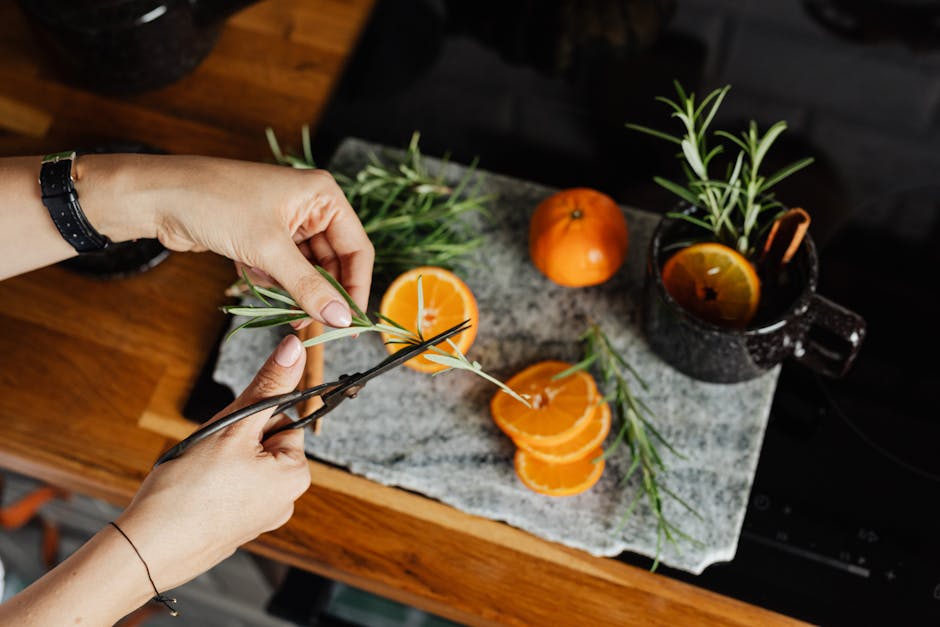The art of cooking transcends mere sustenance; it’s about crafting experiences, nurturing relationships, and celebrating the beauty of flavour. Among the diverse methods available, slow cooking emerges as a powerful technique, offering a multitude of advantages that elevate both the process and the outcome. This approach to cooking goes beyond simply preparing meals; it unlocks a world of culinary possibilities, enriching our kitchens and our tables.
One compelling benefit of slow cooking lies in its remarkable ability to tenderize tough cuts of meat. By subjecting proteins to low and consistent heat over an extended period, collagen, that often makes meat chewy, breaks down into gelatin. This natural process results in incredibly tender and succulent dishes, making even less-expensive cuts feel like a gourmet experience. Imagine a melt-in-your-mouth brisket, a fall-apart pork shoulder, or a perfectly tender lamb shank all achieved with minimal effort and maximum impact. This ease of preparing intensely flavourful, tender meats is a key advantage for busy individuals or those seeking a more relaxed cooking experience.
Further enhancing the appeal of slow cooking is its impressive ability to infuse food with rich and complex flavours. The protracted cooking time allows flavours to meld and deepen, creating an intricate symphony of tastes that would be impossible to achieve through faster methods. A well-crafted slow-cooked stew, for example, allows herbs and spices to permeate the meat and vegetables, creating an almost intoxicating aroma and flavour profile. This prolonged contact allows moisture to escape slowly, which, paradoxically, concentrates the flavours, resulting in a more intense and gratifying experience. Think about the rich tomato base of a slow-cooked ragu or the deeply caramelised onions that lend their complexity to a flavorful chili.
Moreover, the inherent efficiency of slow cooking is a significant consideration. The constant, low temperature cooking method often requires less attention and intervention than other methods. Forget about hovering over a hot stove, constantly checking on the progress. Once the dish is set, it can largely be left to the appliance, letting it work its culinary magic. This frees up valuable time for other aspects of life, whether it’s engaging with loved ones, pursuing hobbies, or simply relaxing. The inherent ability of slow cooking to simultaneously nurture a sense of calm and prepare a delicious meal is invaluable.
Beyond the time-saving aspect, slow cooking is frequently celebrated for its ability to optimize food’s nutritional value. While faster cooking methods can sometimes deplete nutrients, slow cooking often preserves a higher proportion of vitamins, minerals, and other beneficial compounds. This is particularly beneficial for those focused on healthy eating habits. Vegetables, for example, retain their vibrant colour and more of their nutrients when cooked gently over a longer period. This process helps ensure that your meal isn’t just delicious, but also nourishing.
The range of dishes suitable for slow cooking is incredibly broad, exceeding the limits of traditional ideas about what’s possible. From savory stews and curries to decadent soups and sauces, the possibilities are virtually endless. Even desserts like fruit compotes and jams can benefit from the gentle, even heat of slow cooking. The versatility of this technique underscores its ability to cater to a wide spectrum of tastes and dietary needs.
Another impressive attribute is the reduced need for frequent stirring, or even careful monitoring. While some slow cooking methods do require minimal oversight, many dishes can be prepared and left to simmer, freeing up time and mental energy. This hands-off approach to cooking can be particularly appealing for those who prefer a less stressful cooking experience, or for larger gatherings, where maintaining focus on several dishes simultaneously is challenging.
Importantly, slow cooking caters exceptionally well to diverse culinary needs. From creating dishes that are gluten-free or vegetarian to accommodating specific dietary preferences or restrictions, this method offers a considerable amount of adaptability. This flexibility is increasingly sought after by people looking to personalize their food choices and experiment with different flavors and ingredients. The careful planning associated with slow cooking also helps maintain a healthier approach to dining, promoting a better understanding of one’s dietary preferences and restrictions.
A crucial consideration is the use of high-quality ingredients. While slow cooking can enhance the flavour of almost any ingredients, the outcome will always reflect the quality of what goes into the cooking process. Using fresh produce and high-quality proteins yields a far more flavorful and satisfying final product than using inferior ingredients. This can elevate a simple meal into a symphony of flavors.
However, a few drawbacks are worth acknowledging. Slow cooking can potentially result in overcooked or mushy foods, if the temperature isn’t meticulously controlled or the cooking time exceeds the optimal level. A crucial component of slow cooking is understanding how long different ingredients take to achieve optimal tenderness and flavor. Furthermore, slow cooking equipment needs to be properly maintained to ensure long-term performance, and some people might find that slow cooking, despite its advantages, can also be a bit time consuming for dishes that need to be quicker.
In summary, the benefits of slow cooking extend far beyond the kitchen. It’s a technique that promotes relaxation, fosters creativity, and elevates the overall cooking experience. From tenderizing tough cuts of meat to infusing dishes with rich flavors, from saving time to optimizing nutrition, slow cooking truly offers a unique and worthwhile approach to culinary creation. Understanding the advantages and potential drawbacks ensures that the method is utilised effectively, maximizing its potential to transform meals into remarkable experiences. The next time you seek a rewarding cooking adventure, consider the power and versatility of slow cooking.






